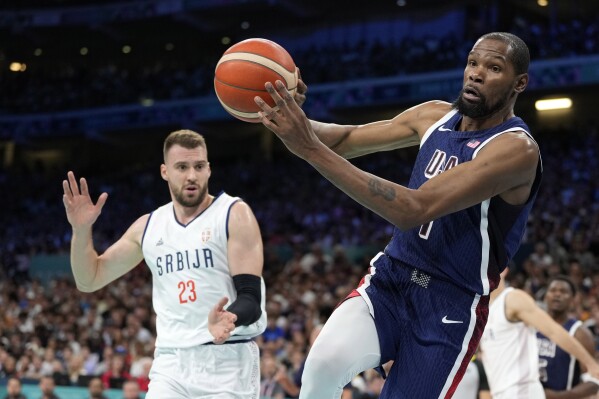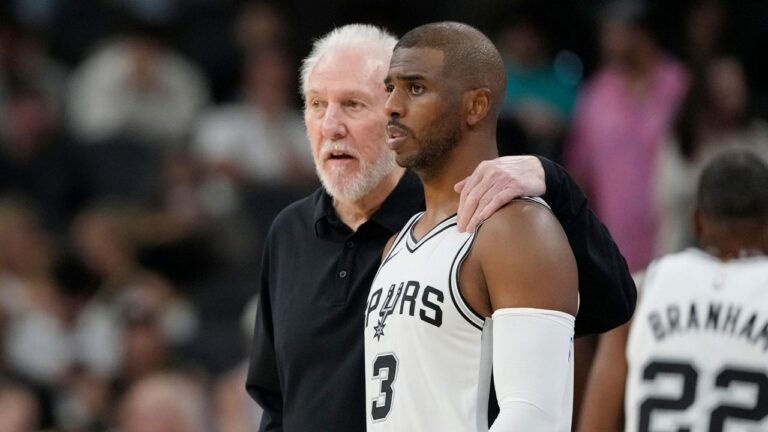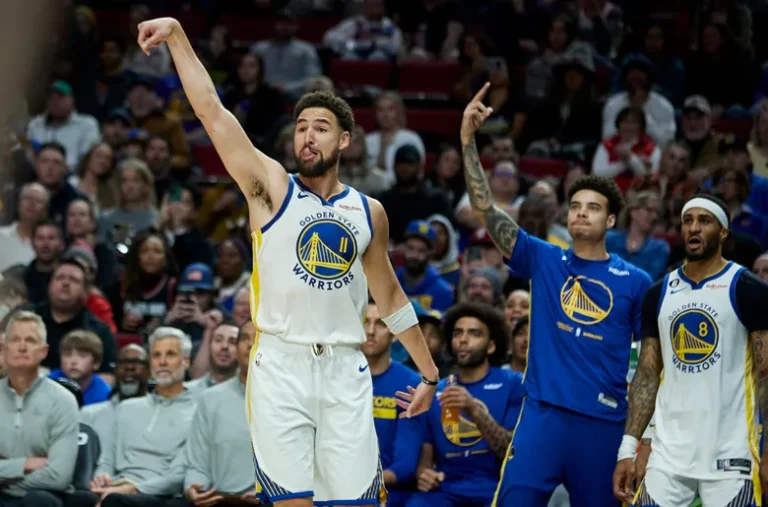Early season betting can feel like a golden opportunity: new rosters, fresh data, and untapped potential in every game. However, betting in the first few weeks of any sports season—whether it’s the NFL, NBA, MLB, or any other league—comes with specific risks that make it particularly challenging. Here’s why early season betting can be a gamble itself, and what factors to watch out for across different sports.
1. Limited and Unreliable Data on Teams and Players
At the start of a season, bettors have minimal data on how teams and players will actually perform. Preseason games, past seasons, and player stats provide some insights, but they can be misleading for making solid predictions.
- Roster Changes and Trades: In most sports, the offseason involves significant player movements, from trades and free-agent signings to rookie additions. While these changes may seem like upgrades on paper, they don’t always result in immediate on-field success.
- Coaching Changes and Strategy Shifts: New coaches or managers often introduce unfamiliar strategies that can take teams time to adjust to. This is common in sports like football and basketball, where a new system might lead to uncharacteristic early-season losses or underwhelming individual performances.
2. Unpredictable Chemistry and Player Roles
Team sports rely heavily on chemistry, which isn’t something that can be easily measured or predicted at the season’s start. Building chemistry, understanding new roles, and developing in-game trust can take time and vary widely between teams.
- Uncertain Player Roles: In the NBA, for example, players may be adjusting to new roles, which impacts stats like scoring, assists, and rebounds. The same is true in soccer, where new signings might take a while to fit into a team’s existing dynamic.
- Lineup Experimentation: Coaches often experiment with different lineups early in the season, trying to find the right combinations. This can lead to unexpected outcomes in both team and individual performances as players adjust.
3. Misleading Preseason or Spring Training Performances
Preseason games in most sports don’t reliably predict regular-season performance. Starters often play limited minutes, and coaches may test unpolished strategies or lineups they wouldn’t normally use in meaningful games.
- Superficial Statistics: In sports like the MLB, spring training stats might make a player look poised for a breakout season, but once the regular season begins, performance may not match preseason expectations due to tougher competition.
- Team Dynamics: Preseason games don’t always reveal a team’s genuine strengths or weaknesses since most teams hold back their real strategies and lineups until games start to count.
4. Unknown Impacts of Offseason Injuries
In many sports, key players might start the season with lingering injuries or limited conditioning from offseason recoveries. Early in the season, these issues can disrupt a team’s rhythm and lead to inconsistent performance, particularly if players are on restricted minutes or eased back into the lineup.
- Slow Starts for Stars: In leagues like the NBA, where a star player’s performance can dramatically impact outcomes, bettors might find it challenging to predict the true effectiveness of players returning from injuries.
- Pitchers and Conditioning in MLB: For pitchers in baseball, conditioning and recovery are critical, and they may not be at full strength during the first few starts. Early-season struggles might not reflect long-term performance, but they can skew betting outcomes in the short term.
5. The Influence of Early Season Schedules
Schedules play an important role in early season outcomes. A team facing tough opponents or multiple road games may underperform initially, while another team with a softer schedule might start strong, even if they aren’t truly one of the league’s top performers.
- Strength of Opponents: In the NFL, a team’s early season record might be skewed based on facing elite defenses or offenses, which doesn’t necessarily indicate their long-term potential.
- Travel and Fatigue in Soccer and Baseball: In leagues with demanding travel schedules, early season road trips or overseas games can lead to fatigue and mixed results, making outcomes harder to predict.
6. Impact of New Rules or League Adjustments
League rule changes or officiating adjustments can have a significant impact at the beginning of a season. Since teams have to adjust their play styles, early-season games often see unexpected shifts in scoring patterns, pace, and individual stats.
- Adjustments in Strategy: In baseball, a change in the strike zone or pitching rules could shift the balance of power between pitchers and hitters. Teams may need several games to adjust, causing irregular results that could mislead bettors.
- Fouling and Officiating in Basketball: The NBA often introduces rule tweaks that affect fouling, pace, or defense, which can alter game flow until players and coaches adapt. Bettors might see unexpected swings in points and turnovers early on.
7. Overreaction to Small Sample Sizes
One of the biggest risks of early season betting is overreacting to a small sample size. In any sport, two or three games rarely reflect a team’s true quality, but early-season performance can sometimes seem more predictive than it is.
- Fluke Performances: A basketball player who puts up high scoring numbers in the first couple of games may not maintain that pace over the season, especially as opponents adapt.
- Temporary Trends: Early trends, like a high shooting percentage in soccer or unusually high home run rates in baseball, often balance out as the season progresses, making early data unreliable for long-term betting.
Conclusion
Betting at the start of any sports season comes with unique challenges and risks. With limited data, unpredictable team chemistry, experimental lineups, and the potential influence of small sample sizes, early season betting can be volatile. For those willing to engage in early season bets, the best strategy is to remain cautious, focus on long-term patterns, and avoid overreacting to the inevitable surprises that the early weeks bring. Taking a conservative approach and waiting for teams and players to find their rhythm can lead to more reliable and profitable betting outcomes as the season progresses.




